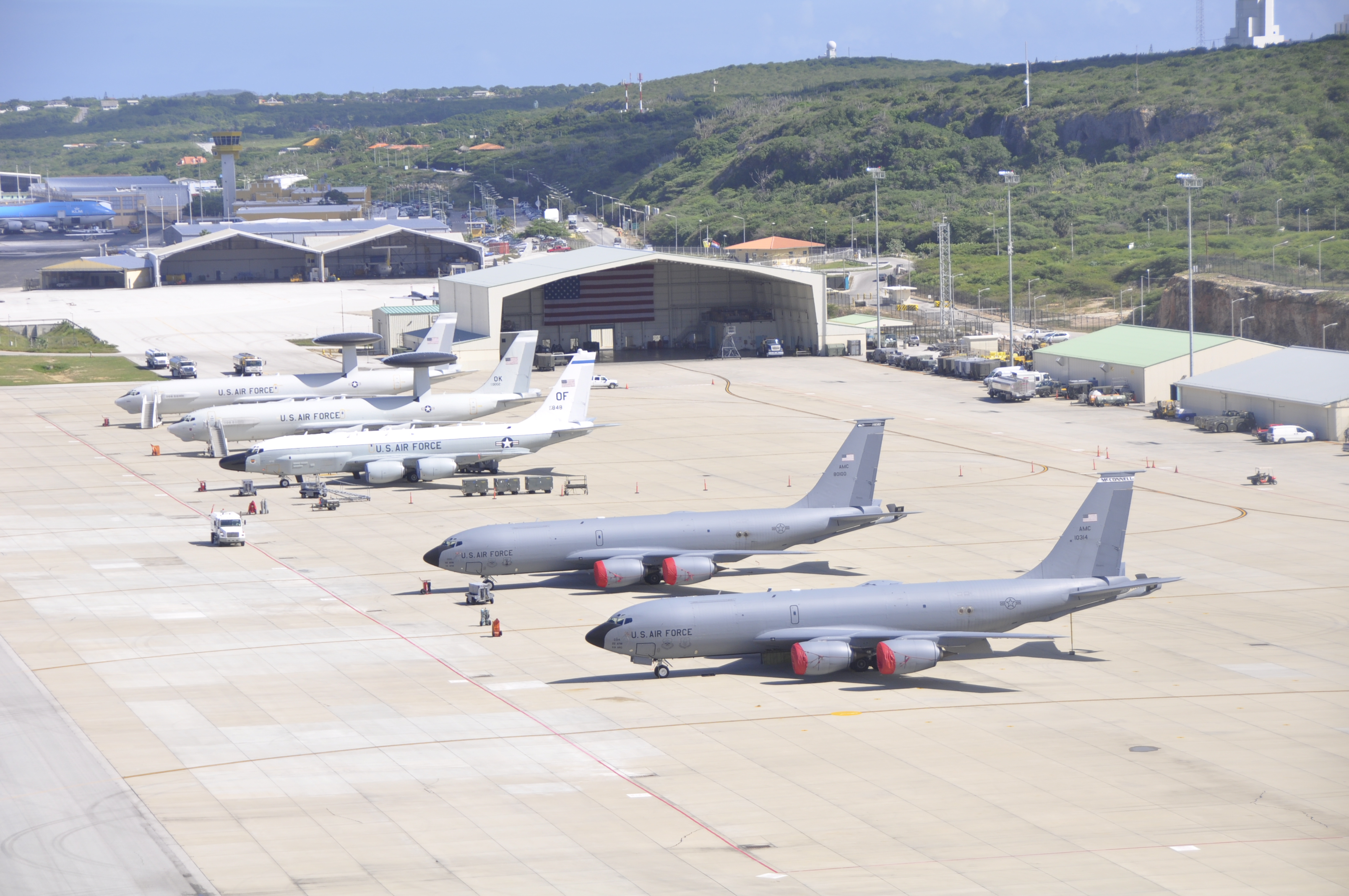Homeland Security and Homeland Defense cannot be divided, one relies on the other.
For starters, the FBI has had a long term operation in Central America. The FBI declares the gang operations for instance in El Salvador does affect public safety in America.
“Many of the gang members committing these homicides are 13-, 14-, and 15-year-olds,” he explained, “and every day there are new members coming in.”
“We aren’t facing a group of youths who are rebelling, but a very structured organization conducting criminal activities,” said Luis Martinez, El Salvador’s attorney general and the country’s highest ranking law enforcement officer. “They are using military-grade weapons, and they are using them against the police, military, and prosecutors.”
MS-13 and 18th Street gang members have gained a foothold in numerous U.S. cities, including Los Angeles, Boston, Houston, Charlotte, Newark, and the Northern Virginia suburbs of Washington, D.C. They commit a variety of crimes—mainly trafficking drugs and extorting individuals and business owners—and they maintain strong ties to Central America.
The program is called Central American Law Enforcement Exchange (CALEE).
The success of the Central American Law Enforcement Exchange (CALEE) program hinges on bringing together U.S. and Central American law enforcement officers who share a common cause in the fight against violent transnational gangs. During the most recent CALEE, an important new partner was added to the group—prosecutors.
“We have seen that when prosecutors and investigators work together from the outset, cases tend to have more successful outcomes,” said Special Agent Grant Mann, who helped plan and administer CALEE 2015, the sixth session since the program began in 2009.
In the U.S, it is typical for FBI agents and prosecutors to sit down at the beginning of an investigation to discuss possible charges and investigative strategies. Historically, that collaborative process is less common in Central America—but thanks to programs such as CALEE, it is gaining acceptance.
***
At Joint Task Force-Bravo which is located at Soto Cano Air Base, Hondura, the task force supports training engagements, counterdrug missions and humanitarian and disaster relief efforts in Central America.
Southern Command continues support for Guatemala’s counter trafficking efforts, human rights efforts and future U.S. military engagement activities. Guatemalan police unit and an interagency task force – both focused on countering illicit traffickers in the nation in cooperation with the U.S. military.
Additionally, in El Salvador we have partnerships that provides key support to regional counter illicit trafficking efforts. The U.S. military has a Cooperative Security Location hosted at Comalapa International Airport where U.S. aircraft fly missions to detect, monitor and track aircraft or vessels engaged in illicit drug trafficking in the region.

The CSLs are not bases. They are tenant activities on existing airfields whose purpose is to support CTOC missions (see more on SOUTHCOM’s role in Countering Transnational Criminal Organizations).
U.S. Southern Command oversees the operations from the CSLs. The Key West, Fla.-based Joint Interagency Task Force South coordinates U.S. aircraft usage and operations.
From these locations, U.S. detection and monitoring aircraft fly missions to detect, monitor and track aircraft or vessels engaged in illicit drug trafficking. The unarmed aircraft offer unique surveillance capabilities that support and compliment the counter-drug efforts of partner nation law enforcement agencies. (Note: Host nation officials are responsible for decisions to interdict suspected traffickers within their borders/airspace, and U.S. law enforcement agencies lead interdiction efforts in international waters.)
U.S. military, Drug Enforcement Agency, U.S. Coast Guard and U.S Customs personnel operate from the CSLs to support the U.S. aircraft and to coordinate communications and information. More here.
The House Armed Services Committee is chaired by Democrat Adam Smith. Back in May of 2019, Chairman Smith admitted several crisis conditions in Central America, the Southern border and Latin America. This included the flow of migrants and the flaws of the asylum laws. However, Congressman Adam Smith still blames the Trump White House for the cause of the crisis.
There continues to be particular focus and resource attention on Venezuela which does affect other neighboring countries. Southern Command leader Adm. Faller declares that Iran, China and Russia exacerbate the problems not only in Venezuela but also in Central America. This rogue foreign actor declaration was also validated by other national security experts in the hearing, noting Kathryn Wheelbarger, acting assistant defense secretary for international security affairs and Kenneth Rapuano, assistant secretary for homeland defense and global security.



 p
p